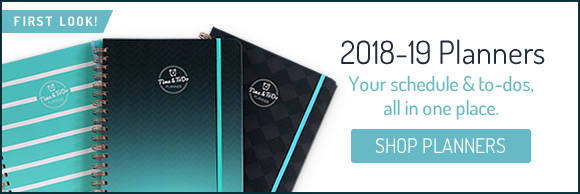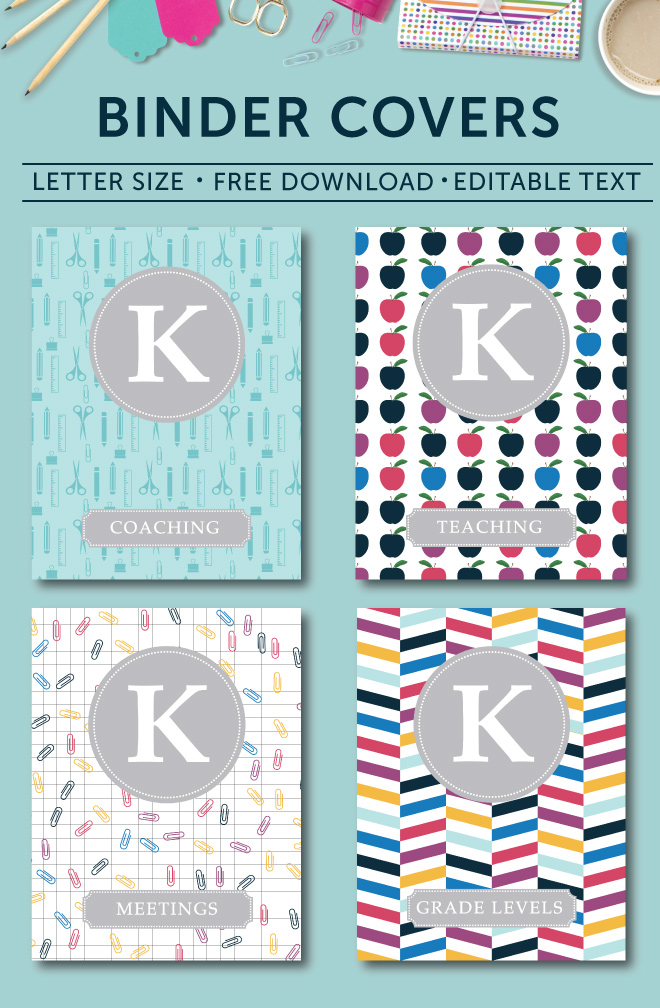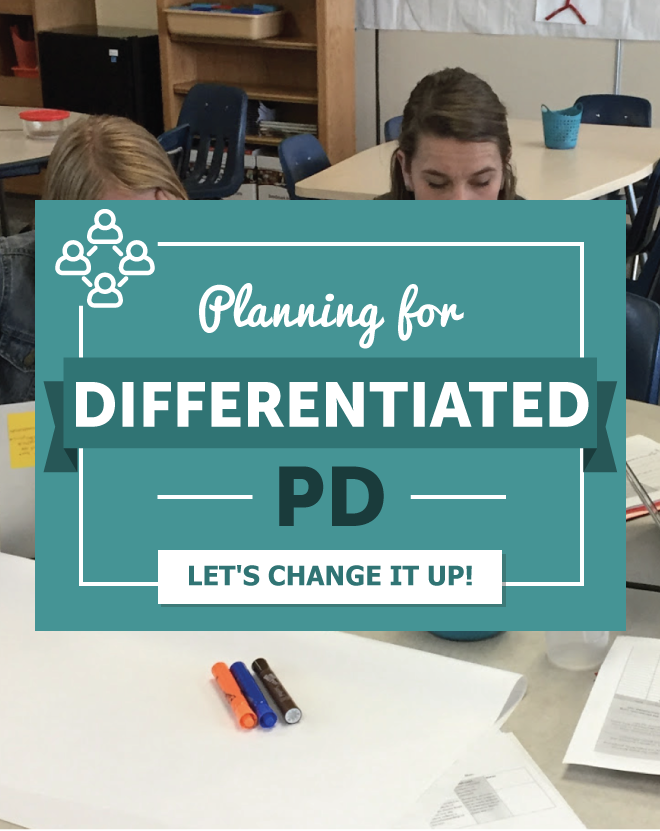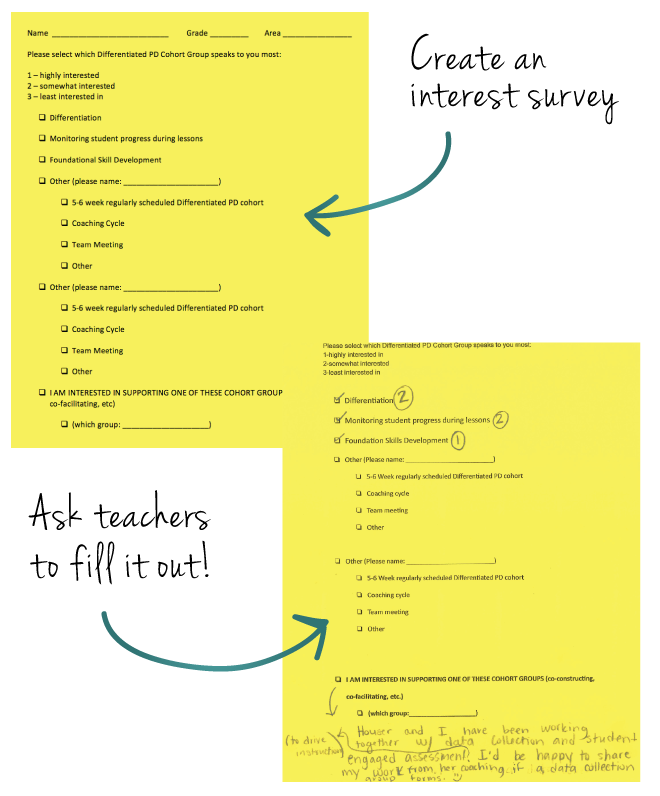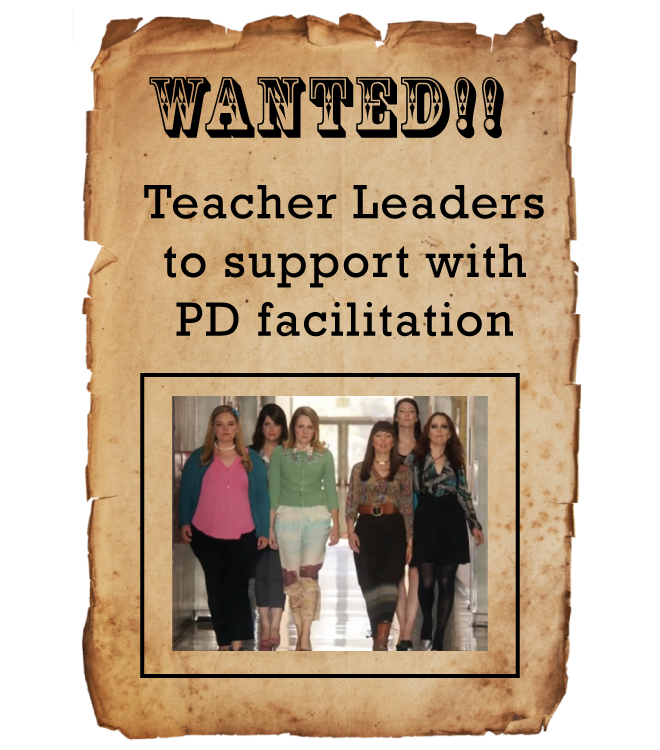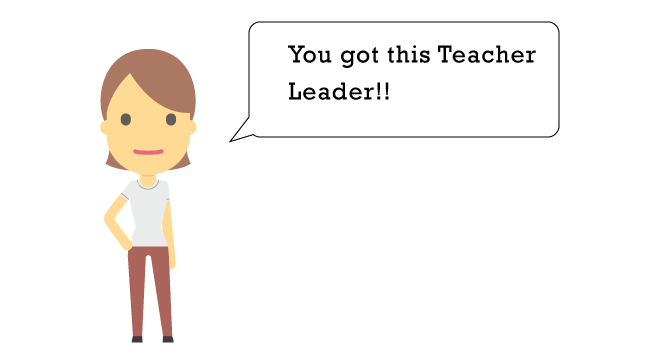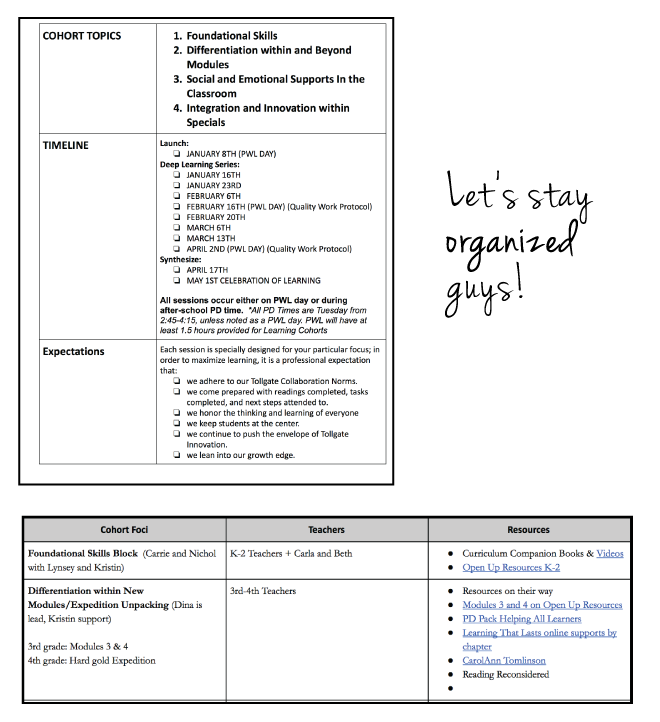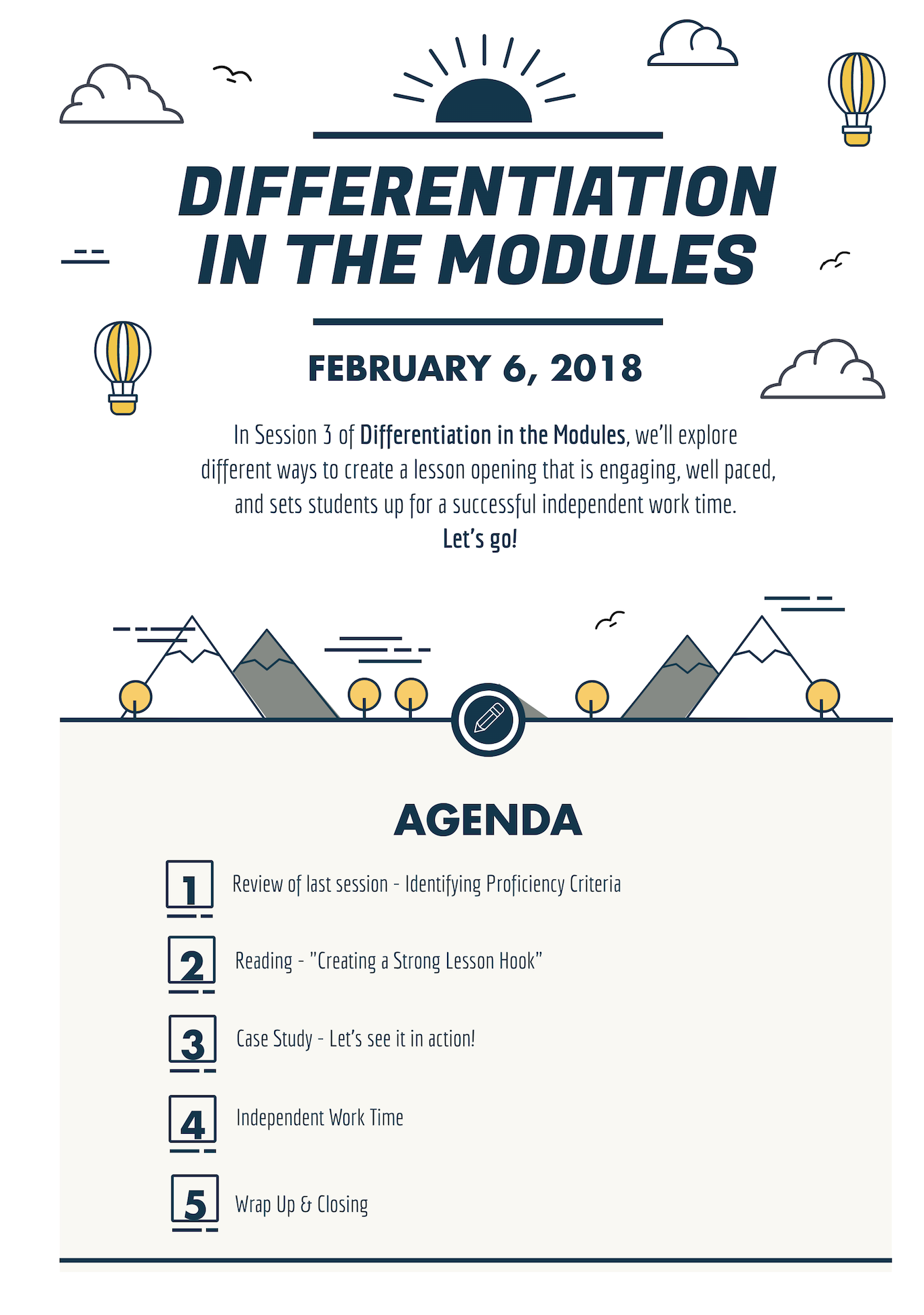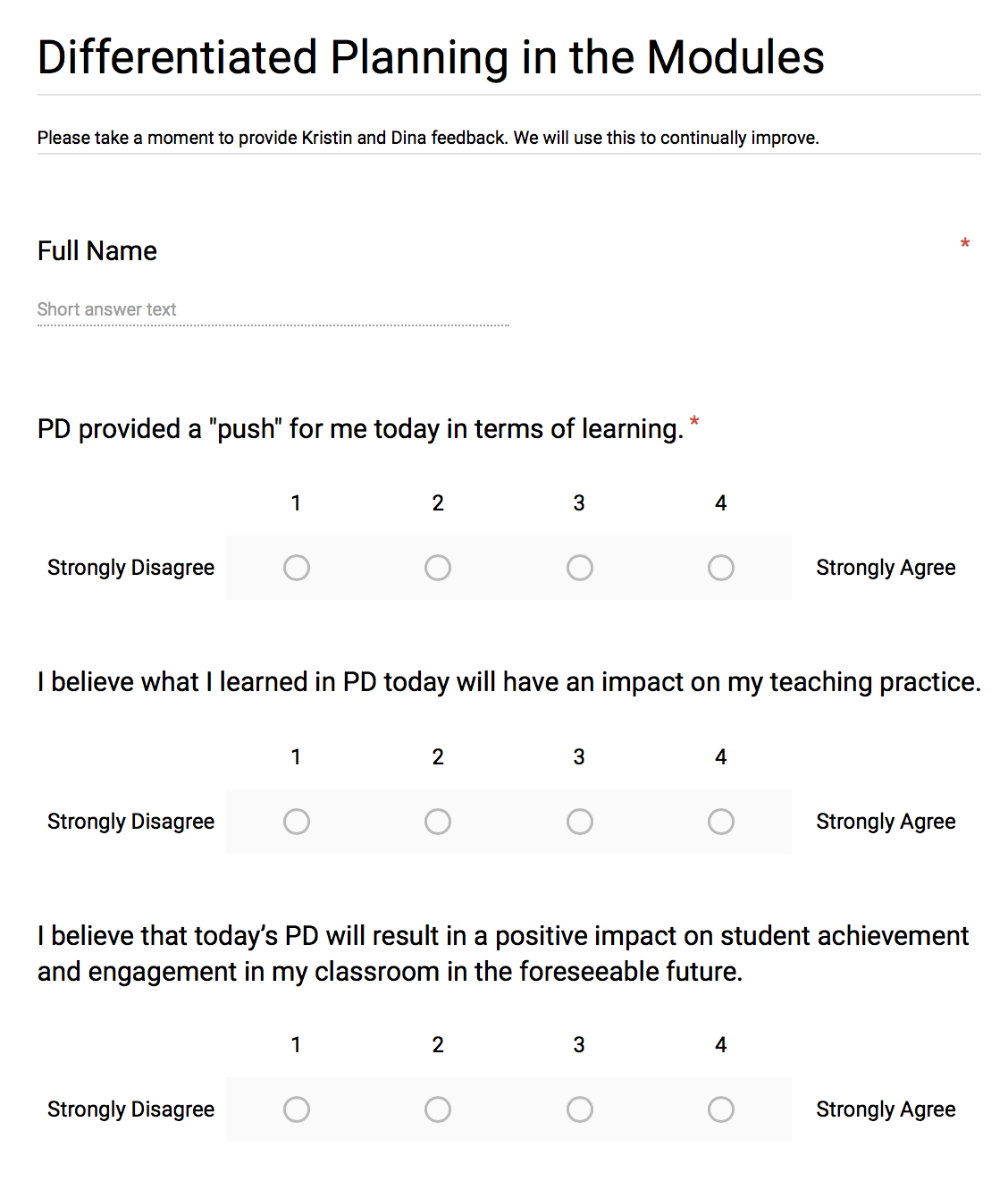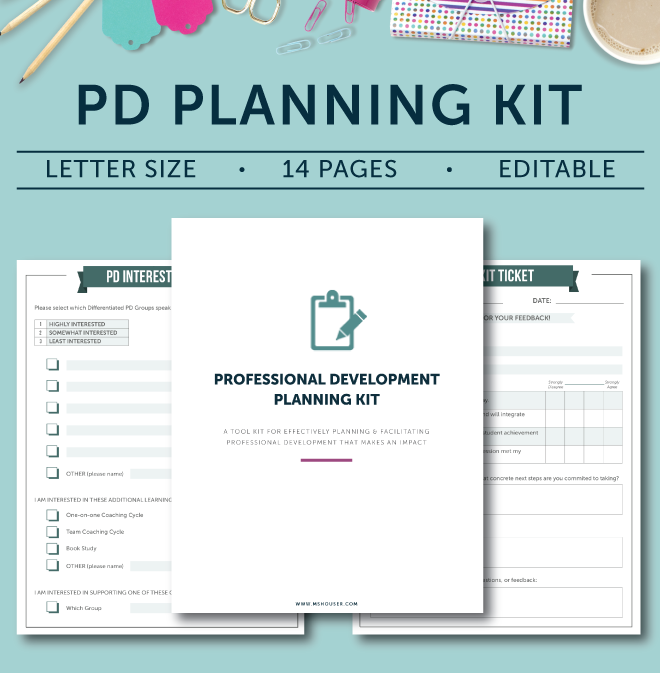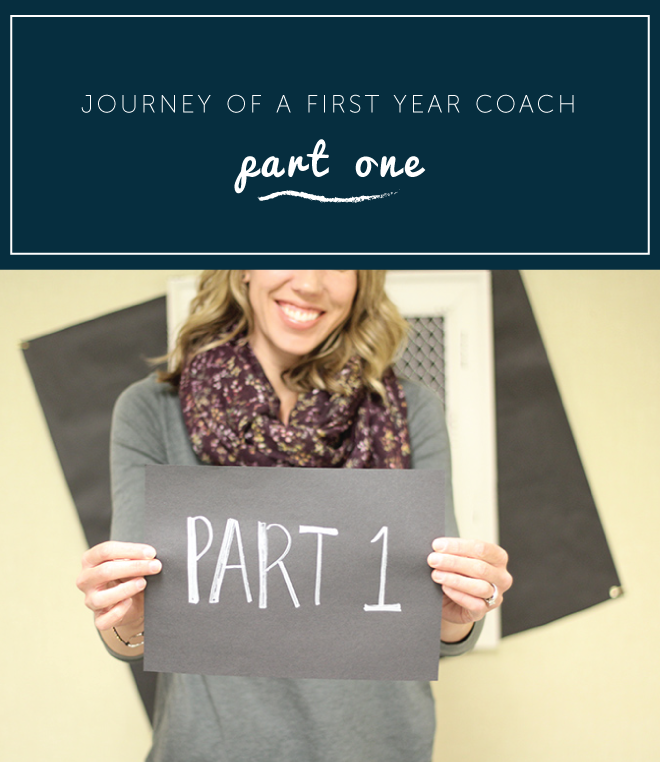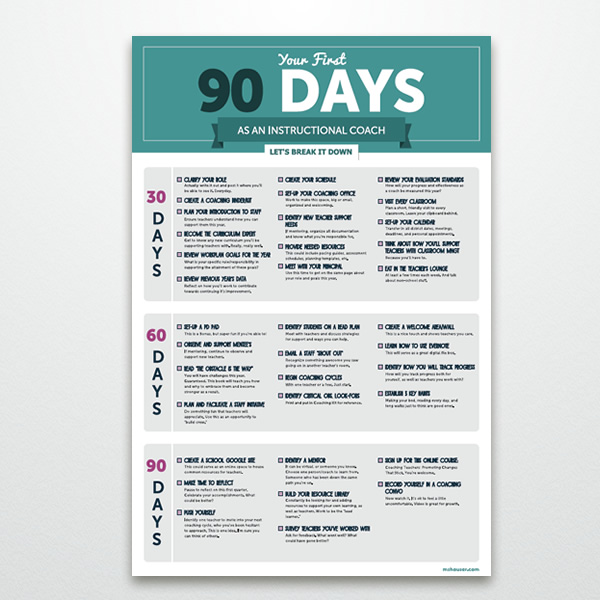How to use Binders for Organizing Your Coaching Notes
Teaching TipsSay what?! Binders?! Aren’t those a totally old school way to stay organized?
Well, I guess it depends on who you ask, but for me the answer is — Uh…no! Let’s chat.
At the end of the year, one thing I like to do is reflect back on all of the systems and structures I used to help me with my work and stay organized. I’m pretty much always tweaking, revising, or trying out different ideas.
One of the new systems I tried out this year to keep all of my notes organized, was a binder system. And I loved it!
Paper helps me think, process, and solidify all my various types of notes much more deeply than my laptop.
As explained in the article, “The Pen is Mightier than the Keyboard,” taking notes on your laptop may result in shallower processing and less effective learning. In using pen and paper to take observation notes, coaching meeting notes, or planning notes, you’re forced to more thoroughly process the information coming in and record key takeaways you know will be valuable, versus just transcribing everything.
And for coaches, this is super important!! I would also argue that paper notes support focus, and are less distracting than having a screen in front of you all the time.
To be clear, I’m not anti-tech. I use G-Drive and Evernote as an extension of my note taking system, but largely paper is where it’s “mightily” at for me :)
OK, paper vs. tech debate aside, let’s talk binders.

I always thought binders were kind of dumb and annoying because the only ones I had ever really used were the standard plastic, flimsy ones. Then I watched a video of Alejandra (fellow neat freak!) share how she uses Better Binders to organize her home office. She got me thinking that these binders could be the ideal tool to help me keep my paper notes and plans organized.
I headed to Staples, grabbed a few, and found that they would be the perfect fit for my binder storage system.
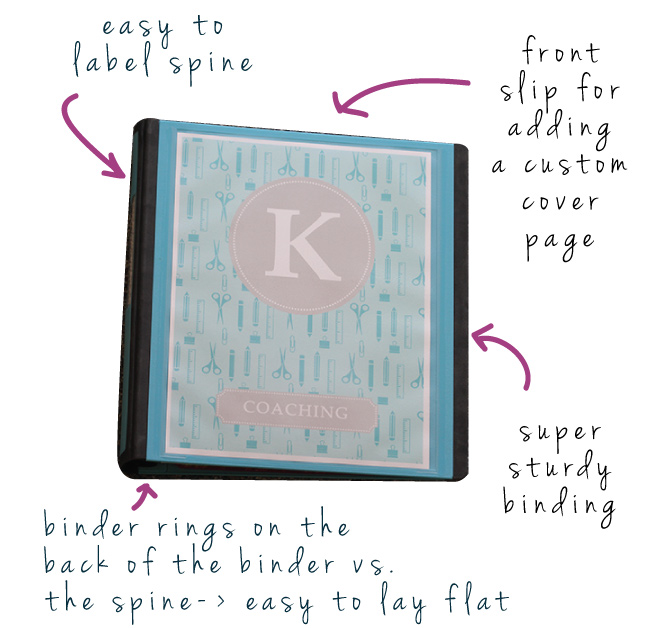
Each binder would essentially be a different “bucket” for organizing my notes. I didn’t want too many, so I narrowed it down to four binders:
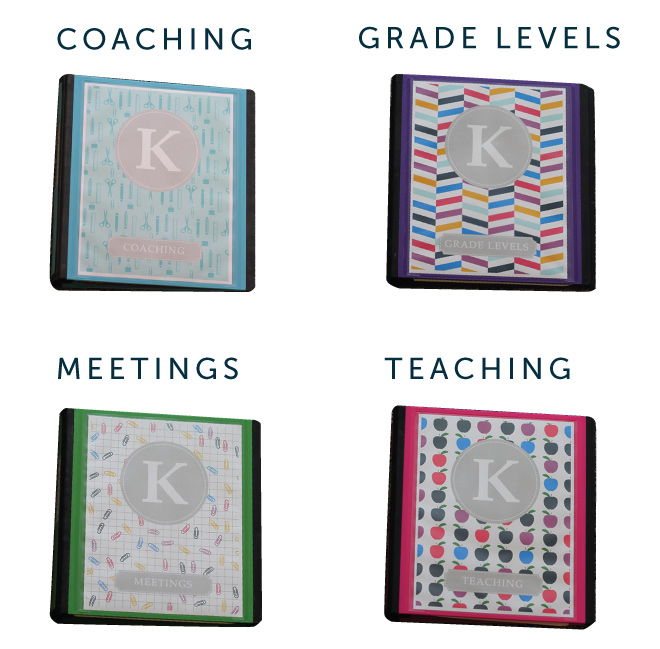
Each binder would also have different sections. So for the section tabs, I went with the Avery Ready Index Tabs. They’re super light weight, so they don’t take up a bunch of space, and I like how they provide a friendly table of contents view right up front.
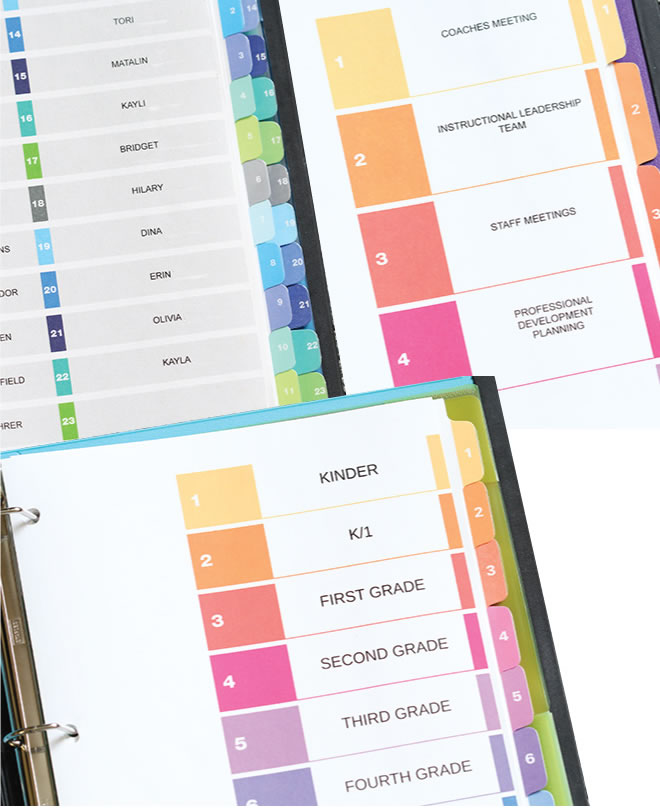
OK, now that we’ve gone over the set-up of this binder system, let’s talk about how I actually use them to keep me organized!
In my Coaching Kit, I have a section titled, “Daily Materials.” At the start of each day, I’ll plan out what notes, observation forms, materials, etc. I’ll need for that day. Some of these notes/materials are often a continuation of work from the day before or earlier in the week. When this is the case, I’ll reference the appropriate binder, grab what I need, and quickly be ready to start the day.
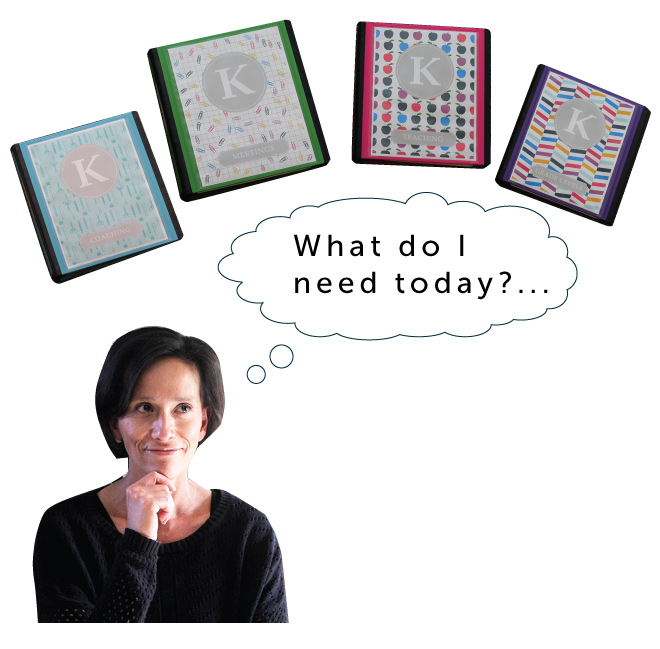
Then at the end of the day, I’ll go through all my “Daily Materials” notes, check for any to-dos to add to my Time & ToDo Planner, then file the remaining notes back into my binders.
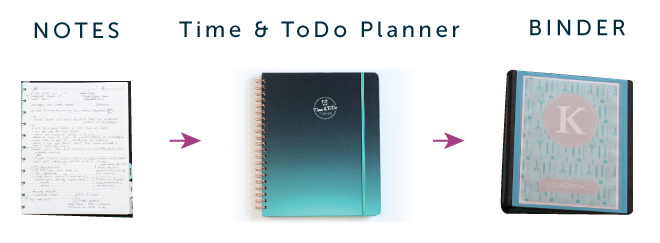
This overall process ensures that my notes remain active and alive, rather than being buried in a notebook and forgotten about. I’m constantly reviewing and reflecting on past work which helps me to more accurately plan upcoming work. Furthermore, it’s hard for me to miss a “to-do” captured in my notes since this system of review just doesn’t allow it.
I’m feeling pretty good in my end of year reflection, as this will definitely be a system that I use again next year.
And speaking of next year, I’d love your feedback!
If you have a second, I would really appreciate if you shared your thoughts for how I can continue to support and motivate you in your work as a coach. As a thank you, here is a free download of the binder covers I use! They’re also editable so you can customize them with a monogram and title, to your liking :)
Share your thoughts, Get Free Binder Covers
Thanks so much, and hope your year is winding down well! If you have any questions, always feel free to ask in the comments.
![]()

